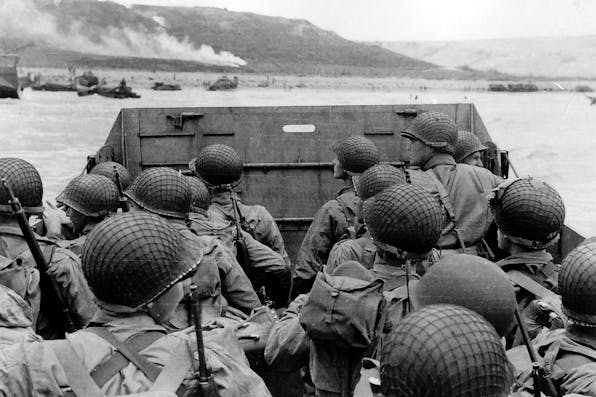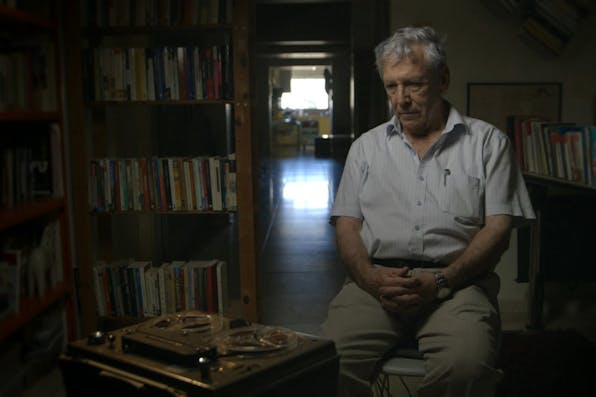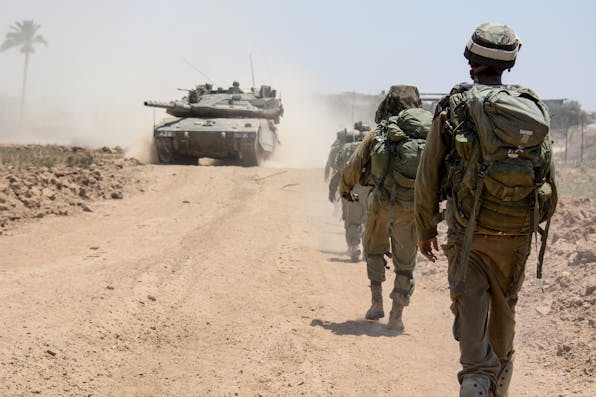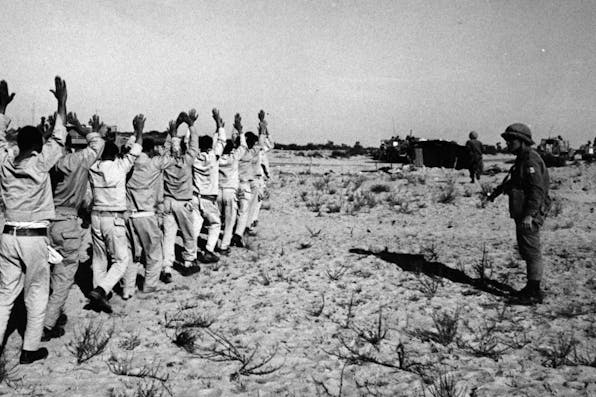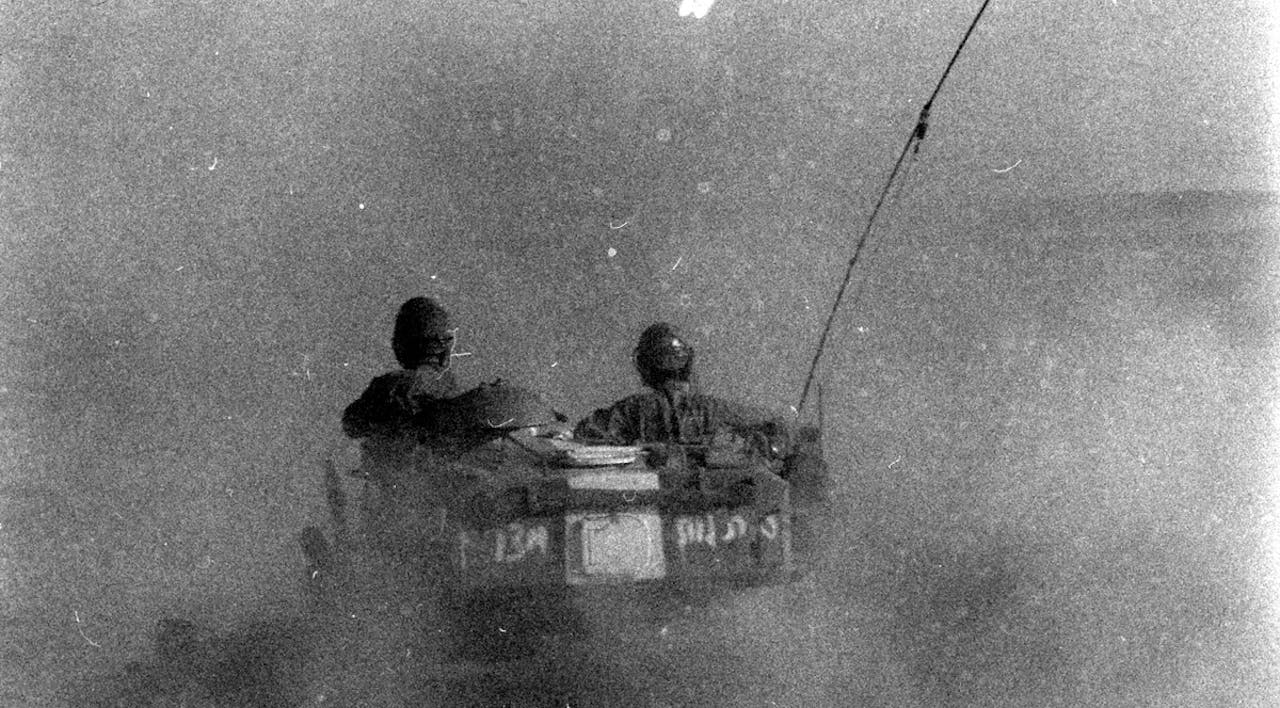
July 2015
Who Censored the Six-Day War?
A splashy new documentary promises to expose the Israeli military's censorship of atrocities committed in the 1967 war. What it exposes is its creators' agenda.
On January 26 of this year, the New York Times ran a prominent article by its Jerusalem correspondent Jodi Rudoren about a new Israeli documentary then premiering at the Sundance Film Festival in Utah. According to Rudoren’s lengthy report, the film, Censored Voices, was an attention-grabbing exposé about the June 1967 Arab-Israeli war, also known as the Six-Day War, as told in conversations with soldiers conducted immediately after the war itself.
Since its Sundance debut, the $1 million Israeli-German co-production has been screened at festivals in Berlin, Florence, Geneva, Madrid, Toronto, Warsaw, and Zagreb. Its Israeli coming-out party took place at the Docaviv documentary film festival in Tel Aviv (where I saw it), and it is now showing in the country’s theaters, generating reviews and feature articles in the major daily newspapers. An Israeli documentary channel will televise the film in August. Rights have been sold in Canada, Australia, New Zealand, and across continental Europe, and the film’s sales agent will release it in Britain in the fall. An American distributor has purchased U.S. rights, and is planning a theatrical run later this year.
Censored Voices is likely to make as big a splash as The Gatekeepers, the 2012 documentary featuring six former heads of Israel’s secret-service agency—if not a bigger splash. And for the same reason: it stars Israelis indicting their own country for falling short of high standards in the conduct of war. And the film encourages the conclusion that the allegations about misconduct must be true, because the Israeli authorities censored the original interviews—in fact, they consigned fully 70 percent of them to oblivion.
